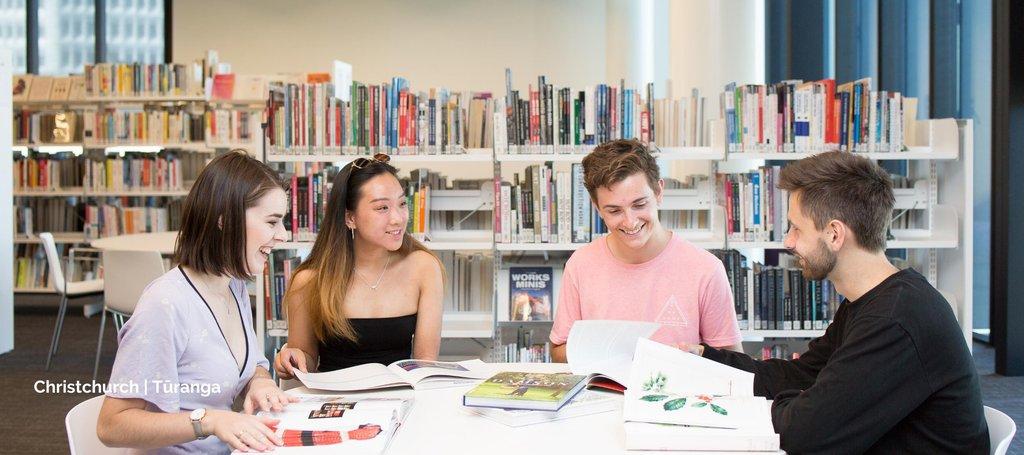
ARABIC AND ENGLISH
Overview
The Arabic and English course offers you the opportunity to combine the study of Arabic with English. You’ll be able to achieve proficiency in Arabic, develop linguistic and cultural knowledge of both languages, and build knowledge and understanding of linguistic, literary, and cultural studies.
Objectives
- Language proficiency
- Developing Linguistic Competence
- Understanding Literary Traditions
- Cultural Awareness and Sensitivity
- Training in Translation and Interpretation
- Enhancing Research and Analytical Skills
- Promoting Global Competence
Prerequisites
- Certain age requirement
Curriculum Outline
- Introducing English Language
- Introduction to the Study of Language and Culture
- Introduction to Translation (available to intermediate students)
- Language and Text
- Objects and Meaning: The Social Life of Material Culture
- The Arab World and the Word
- Expressions of Arabic Culture
- History of the English Language
- Language in the Public Space
- Making Memory: Culture, History and Representation
- Multilingual e-Collaboration: Transposing Current Affairs
- Spoken Discourse Analysis
- The Novel
- Understanding Culture: Arabic in Focus
- Final Year Project
- Identities on the Move: Arabic Studies in Focus
- Issues in Culture
- Language and Power
- Multilingualism in Society: Theory and Practice
- Reading the Present
- Sex Strike: Gender and Protest
- Sexualities in Literature and Culture
- Studies in Literary Language
- Themes in Contemporary Arabic Studies
- Work Placement for Humanities
Teaching Method
- Lectures
- Seminars
- Practical classes
- Workshops
- Live projects
- Independent study
Modules
- English Word and Sentence Structure
- History and Varieties of English
- Study Skills
- History and Politics of the Middle East and North Africa
- Arabic Language
- Language, Mind and Brain
- The Sounds of Language
- Study of Meaning
- From Text to Linguistic Evidence
- Phonology
- Analysing Grammar
- Typology
- Societal Multilingualism
- Media and Business Arabic
- Dissertation in Modern Languages and Cultures
Assessment Methods
- Presentations
- Videos
- Podcasts
- Lab work
- Creating artefacts
- Essays
- Reports
- In-class tests
- Portfolios
- Dissertation
Course Duration
The course duration may vary by university and country. However, in the UK, full-time study can take about 3 to 4 years, and part-time study can take about 4 to 6 years.
Facilities
- Language Labs and Interactive Software
- Digital and Physical Libraries
- Translation and Interpretation Rooms
- Multimedia Rooms
- Research and Writing Support Centres
- Discussion and Seminar Rooms
- Online Learning Platforms
Career Pathways
- Advertising, marketing or PR
- Business or finance
- Interpreting or translation
- Law
- Media and journalism
- Public sector work
- Publishing
- Teaching
Fees and Fundings
The fees depend on the institute and location. However, in the UK, the tuition fees for international students can lie between £15,000 and £25,000 per year for undergraduate programmes.
Entry Requirements
- A-Levels or Higher Secondary Certificate
- Personal Statement
- References
Field Work and Internships
- Translation and Interpretation Internships
- Media and Journalism Internships
- Cultural Exchange Programmes
- International Relations and Diplomacy Internships
- Education and Teaching Internships
- Business and Marketing Internships
- Tourism and Hospitality Internships
Certifications
- Arabic and English Language Proficiency Certifications
- ATA Certification (American Translators Association)
- Certificate in Translation (University of Cambridge)
- Arabic Language Teaching Certification
- Cross-Cultural Communication Certificate
- Certificate in Arabic-English Comparative Linguistics
- Graduate Diplomas and Certificates in Arabic or English Literature
Intakes
In the UK, the primary intake happens in September/October, and the secondary intake happens in January/February.
Frequently asked questions
With three months of focused study, you'll definitely see significant improvements in your Arabic skills!